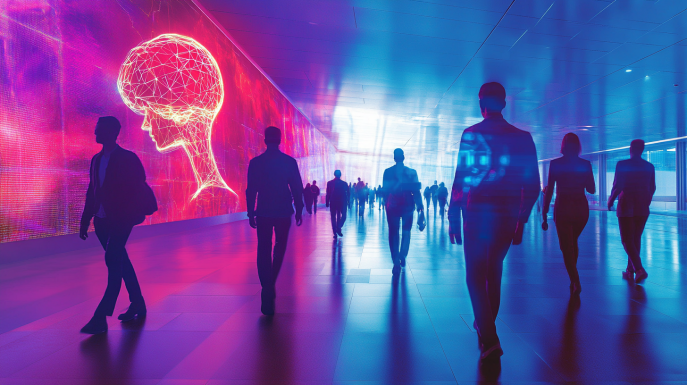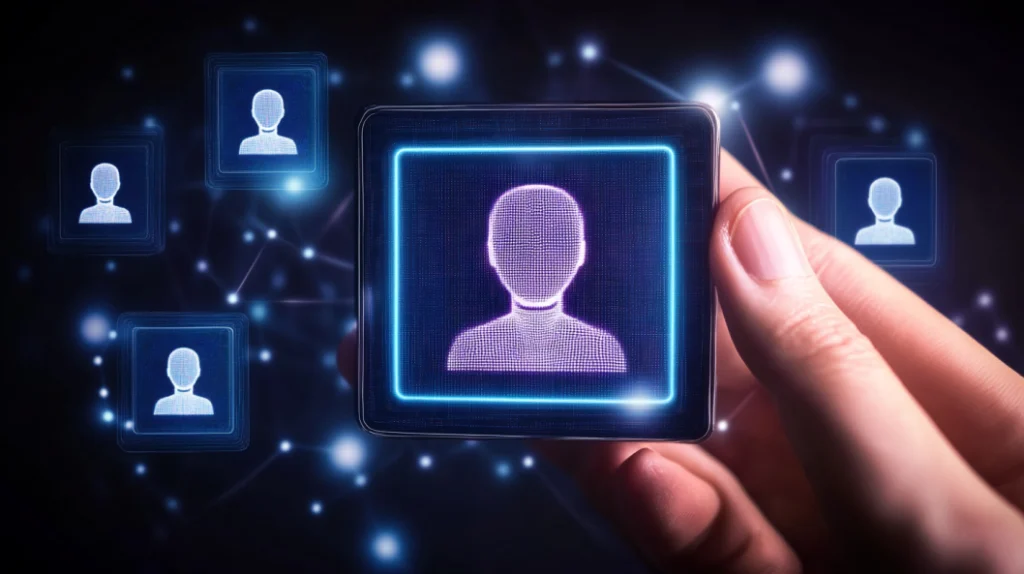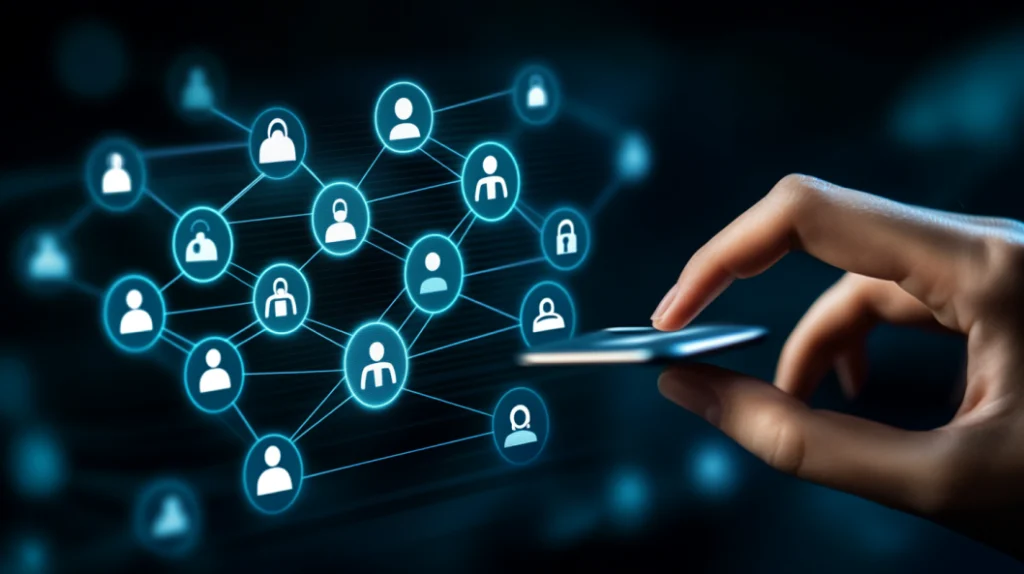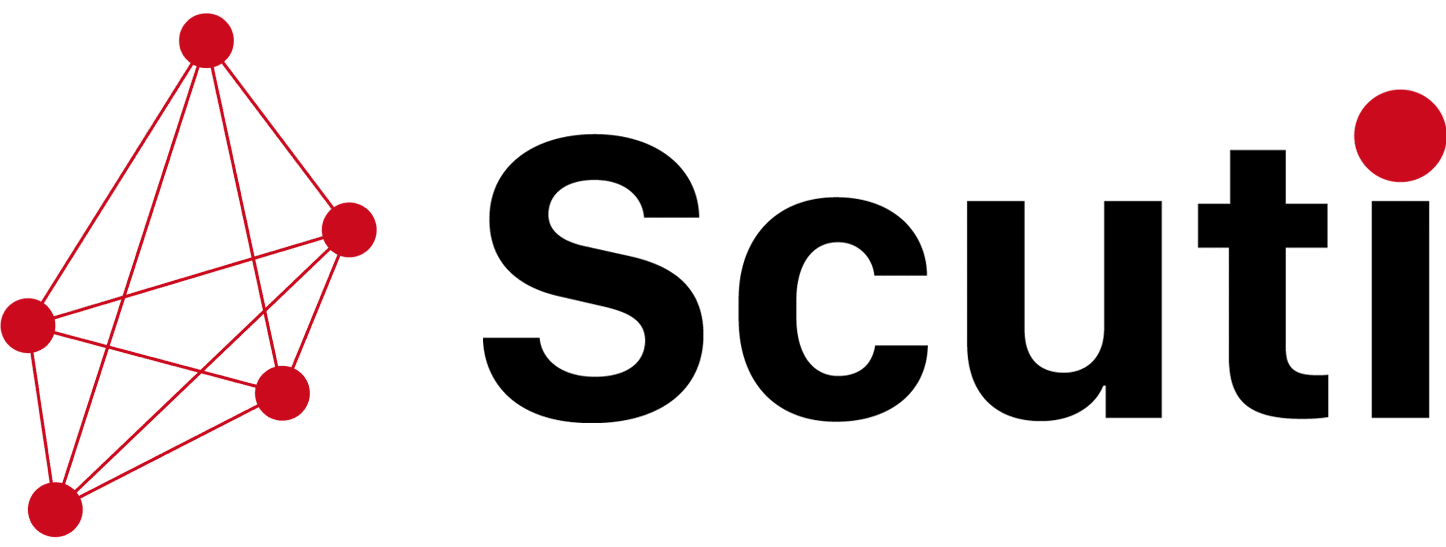
Hello, I am Kakeya, the representative of Scuti.
Our company provides offshore development, lab-type development in Vietnam, and generative AI consulting services. Recently, we have been fortunate to receive numerous requests for system development integrated with generative AI.
In HR operations, is there not a constant demand for greater efficiency in daily tasks?
Generative AI is gaining attention as a powerful tool to transform HR processes and improve efficiency. From recruitment to evaluation and overall organizational performance management, utilizing generative AI can significantly reduce labor-intensive tasks, allowing more time for strategic work.
However, it is important to understand how to effectively utilize generative AI by referencing successful examples. In this article, we will explain in detail the specific methods for improving HR efficiency through generative AI and the effects of its implementation.
The Transformation Generative AI Brings to HR Operations

What is Generative AI?
Generative AI is a type of AI technology that generates new data or content based on large amounts of data. It can automatically generate text, images, audio, and even code. The advancement of this technology is being applied across many business sectors, and HR is no exception.
For example, generative AI is being used to automate tasks such as creating job advertisements and employee evaluation reports, as well as introducing chatbots for communication with candidates.
Furthermore, by utilizing generative AI, the analysis of candidate data and the creation of predictive models can be done quickly and accurately, enabling more appropriate hiring decisions.
Additionally, generative AI is expected to serve as a tool to support employee growth through tasks such as skill matching and the formulation of career development plans. This strengthens the strategic role of HR, contributing to the overall productivity of the organization.
Benefits of Utilizing Generative AI
By utilizing generative AI, HR departments can gain the following benefits:
Improved Operational Efficiency: Generative AI automates routine tasks, reducing the workload of HR personnel and allowing them more time to focus on strategic tasks.
High-Quality Output: Generative AI can generate high-quality outputs based on vast amounts of data. For example, it can automatically generate job postings and employee feedback.
Individual Optimization: Generative AI enables tailored information and support to meet the specific needs of each employee. For instance, it can suggest personalized learning plans and provide career consultation.
Enhanced Creativity: Generative AI sparks new ideas and innovative thinking. For example, it can promote the development of new training programs or propose new employee benefits, driving HR strategy innovation.
Practical Examples of Using Generative AI: Streamlining HR Operations

Enhancing the Efficiency of Recruitment Activities
Generative AI improves the efficiency of recruitment operations by automating tasks such as creating job postings, screening application documents, and generating interview questions. Traditionally, HR personnel spent a lot of time on these tasks, but generative AI allows them to focus on more strategic work.
Creating Attractive Job Postings with Generative AI
Generative AI enables the creation of appealing job postings that attract ideal candidates. Simply instruct the AI on the desired candidate profile, required skills, and experience, and it will automatically generate effective job ads. This saves time and ensures that highly qualified candidates are reached.
Automating the Screening of Application Documents
With AI-powered automatic screening of application documents, candidates who meet the company’s requirements can be selected quickly and efficiently, greatly improving the recruitment process.
Streamlining the Creation of Interview Questions
By utilizing AI, interview questions based on the candidate’s work history and skills can be automatically generated. This allows interviewers to efficiently prepare questions, leading to more effective job interviews.
Optimizing and Personalizing Onboarding
Generative AI automates the creation of onboarding materials for new hires and the proposal of personalized learning plans, thus streamlining the onboarding process.
Additionally, AI chatbots can automatically respond to new employees’ questions, reducing the burden on HR personnel and quickly addressing any concerns or uncertainties new hires may have.
Automatically Creating Onboarding Materials
By training AI on company information and employment regulations, it can automatically create onboarding materials for new hires. This enables efficient and standardized material delivery.
Automating Responses with AI Chatbots
AI chatbots handle frequently asked questions from new employees, providing quick and accurate answers thanks to pre-learning. This streamlines employee support and reduces the burden on HR personnel.
Creating Personalized Learning Plans
AI analyzes the skills, experience, and training history of new hires and automatically proposes individually optimized learning plans. This supports efficient skill development and accelerates growth, offering tailored training to each employee.
Improving the Efficiency and Objectivity of Performance Evaluation
Generative AI supports the creation of performance evaluation materials and the automatic generation of feedback for evaluators. Additionally, by analyzing employee behavior and results, AI provides objective evaluation metrics, improving fairness in evaluations and reducing the burden on HR personnel.
Streamlining the Creation of Evaluation Materials
AI analyzes employee work performance and results, assisting in the creation of performance evaluation materials.
Providing Feedback to Evaluators
AI analyzes the evaluation tendencies of evaluators and automatically generates feedback to promote more objective and fair evaluations.
Providing Feedback to Employees
AI analyzes employees’ strengths and weaknesses, automatically generating feedback that encourages their future growth.
Improving Employee Engagement and Retention
Generative AI assists with conducting and analyzing employee engagement surveys, and helps to develop measures for improving employee satisfaction. Additionally, AI chatbots can automatically respond to employees’ inquiries, contributing to mental health support and reducing employee turnover.
Conducting and Analyzing Engagement Surveys
AI supports the creation and analysis of engagement survey questionnaires. It efficiently collects and analyzes data, proposing measures to enhance employee satisfaction and motivation.
Predicting Turnover Risk
AI analyzes employee work conditions, engagement, and internal communication to predict turnover risk. By taking early action, organizations can prevent employee departures, thereby supporting organizational stability and growth.
Advancing Employee Development and Training
Generative AI automates the creation of individually optimized learning content and training programs tailored to each employee’s skills and career goals. Additionally, AI manages employees’ learning progress and provides feedback at appropriate times, effectively supporting skill development.
Creating Individually Optimized Learning Content
AI analyzes employees’ skills, experience, and learning goals, automatically proposing personalized learning content. By providing content suited to each employee, it supports efficient skill improvement and career growth.
Proposing Training Programs
AI analyzes employees’ career goals and skill gaps, automatically proposing individually optimized training programs. This supports efficient skill improvement and career development, contributing to the overall performance of the organization.
Considerations for Introducing Generative AI

Data Privacy and Security
When introducing generative AI, data privacy and security are critical issues. AI processes large amounts of employee data, making the protection of personal information indispensable. Companies must comply with data protection laws, such as the Personal Information Protection Act and GDPR, and properly manage employee data.
Particularly, the data handled by generative AI often includes confidential or personal information, so robust security measures are essential to prevent unauthorized access or data breaches. In addition to encryption and access controls, limiting the range of data usage and ensuring that AI does not access more data than necessary are also important steps.
Moreover, clearly communicating the purpose of data use to employees and ensuring transparency can help build trust. When introducing generative AI, consideration of these privacy and security aspects is essential.
AI Ethics
When introducing generative AI, careful consideration of AI ethics is essential. Special attention must be paid to the design of algorithms and the selection of training data to ensure that AI does not make discriminatory decisions or take biased actions towards employees or customers.
If AI learns from biased data, there is a risk of producing unfair outcomes. Therefore, it is important to ensure diversity and fairness in the data, so that AI can make impartial judgments.
Additionally, transparency in the decision-making process of AI is necessary. Ensuring explainability allows for rapid identification and correction of mistakes when incorrect judgments are made.
Furthermore, it is important to carefully consider the social impact of AI usage and to continuously monitor and evaluate AI from an ethical perspective. When introducing generative AI, it is essential to take these AI ethics into account and aim for responsible operation.
Collaboration Between Humans and AI
Generative AI is a powerful tool, but it is not a complete replacement for HR personnel. It is important for AI and humans to work together. While AI efficiently handles data analysis and automated tasks, it has limitations in areas such as creativity and building interpersonal relationships, which are unique to humans.
By introducing generative AI, HR personnel can be freed from time-consuming routine tasks and dedicate more resources to strategic work and communication with employees.
This collaborative relationship allows for combining AI’s data processing capabilities with human intuition and judgment, fostering more effective talent strategies and organizational growth. Additionally, HR personnel make the final decisions based on data and suggestions provided by AI, achieving a balance between objectivity and human-centric operation.
When introducing generative AI, success depends on leveraging the strengths of both humans and AI in collaboration.
Conclusion

Generative AI has the potential to revolutionize HR department efficiency. By utilizing AI, tasks such as automatic generation of job advertisements, screening application documents, creating interview questions, onboarding materials, and performance evaluations can be streamlined, which previously required significant time and effort.
This allows HR personnel to focus on more strategic tasks, freeing them from routine work. Additionally, generative AI enhances data analysis and personalized support, contributing to improved employee engagement and retention.
However, when introducing generative AI, attention must be paid to data privacy protection, AI ethics, and collaboration between AI and humans. Properly utilizing generative AI will enable HR departments to achieve more flexible and efficient talent management, opening a future of growth for the entire organization.
